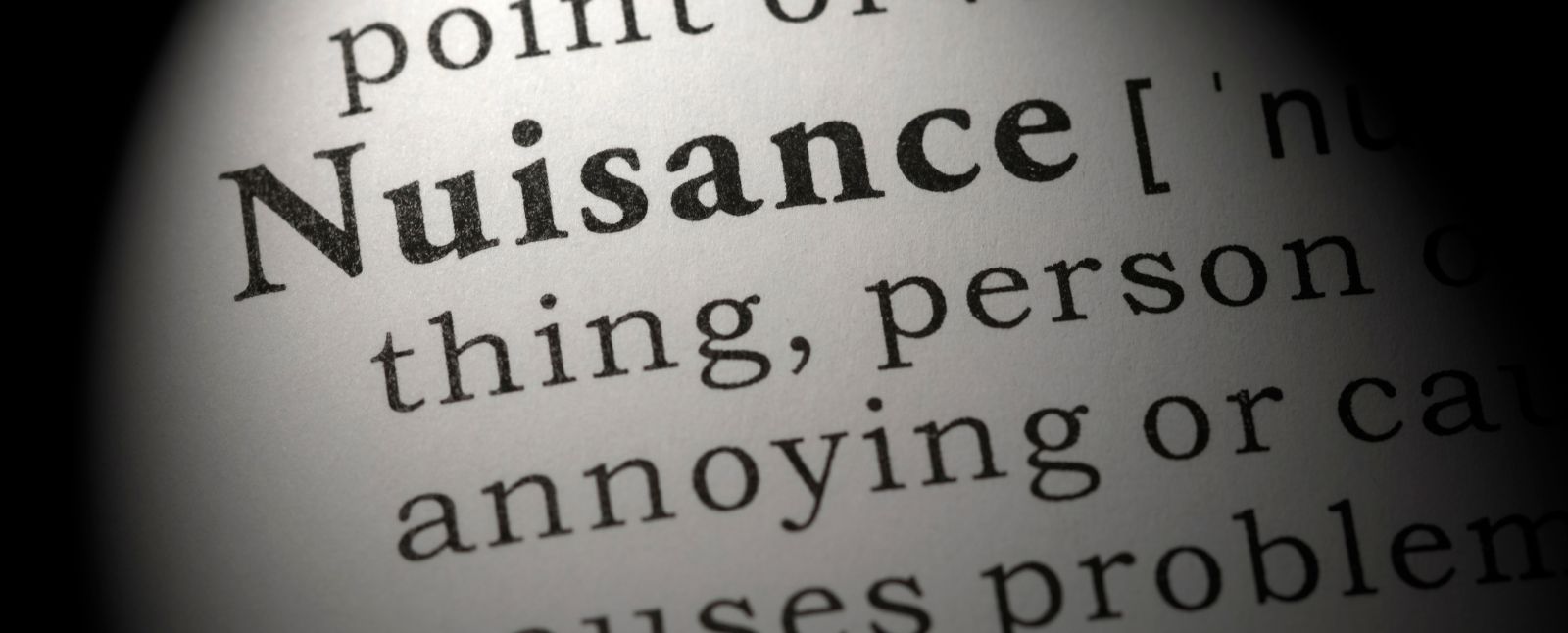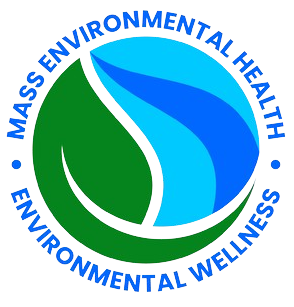- P.O Box 4, Uxbridge Mass 01569
- (508) 779-7300
- [email protected]
- Home
- / Nuisance Inspections
Nuisance Inspections
Our nuisance inspections identify health hazards, safety violations, and environmental concerns—ensuring properties remain safe, compliant, and free from harmful conditions.

Nuisance Inspections
Air Quality Nuisance Complaints Concerning air contaminates per 310cmr7.00
Air Contaminant – means any substance or man-made physical phenomenon in the ambient air space and includes, but is not limited to, dust, fly ash, gas, fume, odor, smoke, vapor, pollen, microorganism, radioactive material, radiation, heat, sound, any combination, or any decay or reaction production thereof. (See 310 CMR 7.00)
NOISE means sound of sufficient intensity and/or duration as to cause or contribute to a condition of air pollution.
Air pollution – defined as the presence of one or more air pollutants in outdoor air at concentrations high enough to:
- Create an annoyance;
- Injure, or be potentially harmful based on current knowledge, to vegetation, property, or human or animal life; or
- Unreasonably obstruct the peaceful enjoyment of life, property, or business operations.
DEP Noise Policy #90-001
A source of sound will be considered to be violating the DEP noise regulation (310 CMR 7.10) if the source:
- Increases the broadband level by more than 10 dB(A) above ambient, or
- Produces a “pure tone” condition
Cannabis Cultivation Operations
Emerging source of noise (and odor!!) complaints because of the use of chillers for indoor cultivation facilities.
- Food Inspections
- Enforcement Actions
FAQ’s
Nuisance claims play a significant role in real estate disputes, particularly within the context of Massachusetts property law. At its core, a nuisance is defined as an unreasonable interference with the use and enjoyment of one’s property. This interference can manifest in various forms, such as excessive noise, unpleasant odors, or the obstruction of light. In Massachusetts, the legal framework governing nuisance claims emphasizes the balance between individual property rights and the broader community’s interests.
Nuisance claims in Massachusetts can be broadly categorized into two main types: private nuisances and public nuisances. Each category serves a distinct purpose in addressing the various forms of interference with property rights and public enjoyment.
Private nuisances refer to activities that interfere with an individual’s use and enjoyment of their property. For instance, if a neighbor repeatedly hosts loud parties that disrupt the peace during late-night hours, this behavior could be classified as a private nuisance. The impacted neighbor may seek legal recourse to cease the disruptive activity, claiming that it significantly detracts from their enjoyment of their own home. Other examples may include offensive odors from a nearby business or persistent noise from a construction site that affects residential properties close by.
Nuisance claims can have significant ramifications for property owners and tenants in Massachusetts, impacting both the use and value of affected properties. The legal characterization of a situation as a nuisance typically arises when an individual’s use of their property substantially interferes with the use and enjoyment of another’s property. This interference can be due to excessive noise, pollution, or any other disruptive activities. Such claims can lead to notable consequences, including a decline in property values. A property embroiled in a nuisance dispute may deter potential buyers, as the perceived risk and associated stigma can lead to lower market interest and reduced financial returns.
Tenants are not exempt from the adverse effects of nuisance claims either. When a property becomes the subject of a legal dispute, tenants may experience a deterioration in their living conditions, as the possibility of eviction or changes in property management hangs in the balance. Tenants might also face increased difficulties if property owners decide to neglect normal maintenance or enhancements during disputes, ultimately leading to a decline in their quality of life. In this way, nuisance claims can reverberate through both the property owner’s and the tenant’s experiences, highlighting the critical nature of addressing such concerns effectively and promptl
Mass Environmental has one of the best nuisance condition investigators in the state; we will develop a plan of action that will provide the outcome you expect and deserve.
Our Services
Compliance Made Simple with Professional Inspections
Effortless compliance through expert inspections, ensuring safety and regulatory adherence.
